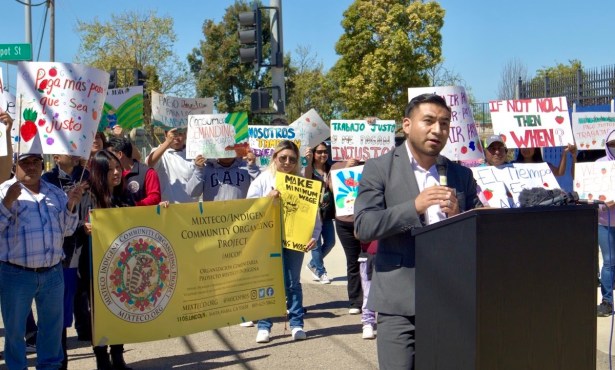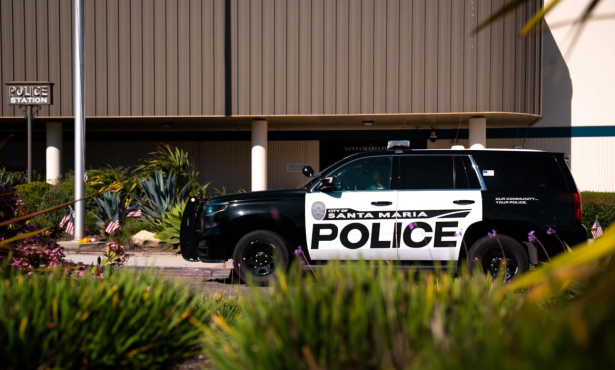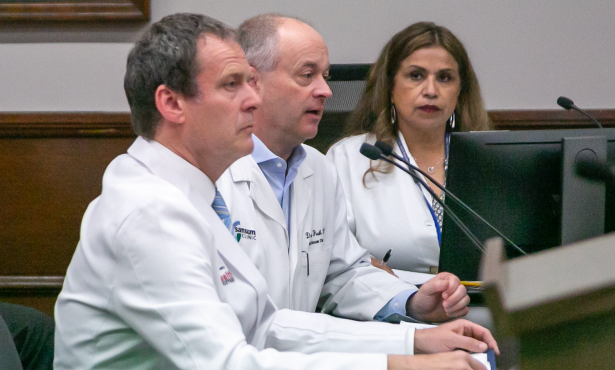Charting a Course for Kenya
How Should a Special Education Teacher Best Spend His Time in East Africa?
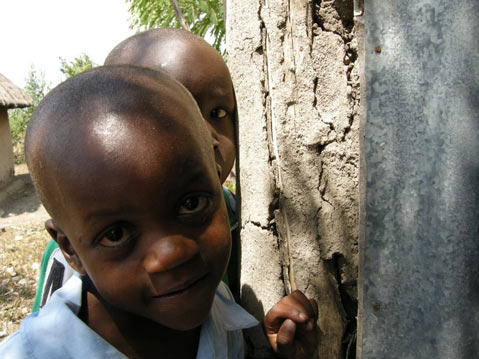
After observing a variety of schools in the Mbita District, I decided it was time to make an action plan. With so many needs in the region for students with disabilities, Benson and I felt it was necessary to call a planning meeting and invite the area’s key players in education.
The meeting was held at the Hope Special School, and on very short notice — we had only been canvassing the Mbita District for two days prior to the meeting. Once again, Benson’s connections to the local communities have proven invaluable. Eight school leaders were able to attend, despite the short notice. Seven schools were represented, including directors of both primary and special schools, with Benson representing the local Ministry of Education.
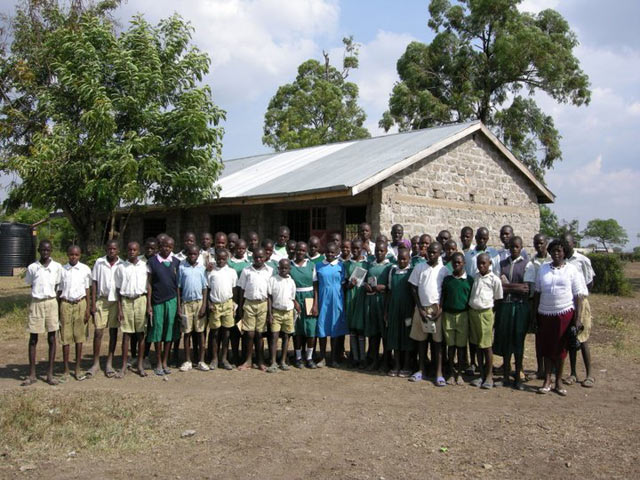
The meeting convened with a brief prayer, and a round of introductions. It was inspiring to have such a dedicated group of educators collaborating in one space. Benson took the lead, and outlined the agenda. First, we would review the successes and challenges of the local Kenyan education system, prioritize the challenges, and brainstorm ways I could support these challenges during my remaining tenure in Kenya.
We began with creating a list of what was already working well in local schools. I mentioned that I was impressed by the fact that students with physical disabilities were already included in many typical classrooms. Others soon contributed a multitude of encouraging observations, including the government providing well-trained teachers, the existence of supportive and inclusive communities in and around the Mbita District, students without disabilities naturally helping those with disabilities, the active seeking out of students who do not regularly attend schools due to their disability, and the dedication and talent of the local teachers. It was encouraging to initiate our forum on a positive note, because we all understood that the challenges about to be discussed would likely start to feel insurmountable.
We began our discussion of challenges by agreeing that children are not learning enough meaningful content due to a lack of access to appropriate learning materials. Among the most serious issues included lack of access to food and clean water, and inadequate support for students with HIV/AIDS. Other issues included the absence of health care facilities in schools, insufficient funding, communication challenges due to the absence of electricity, and inappropriate (or complete lack of) mobility devices for children with physical disabilities.
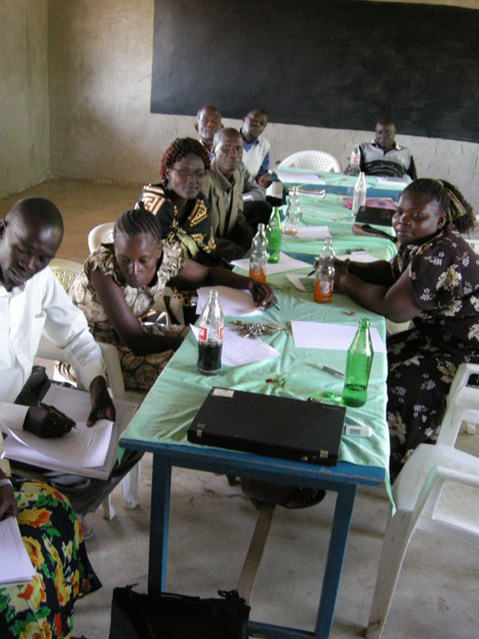
Faced with this overwhelming record of challenges, we then narrowed down the list and prioritized the challenges that we felt we could reasonably take on during the next few weeks of my stay. After an extensive debate, we decided to focus on raising awareness and acceptance of people with disabilities in local communities of practice, which include: students with and without disabilities, teachers, administrators, parents, and support staff. We decided that all trainings would be site-specific, and directed at various issues surrounding acceptance and inclusion at each school. The one training we decided to implement at all of the schools will be provided to the head teachers and it will focus on grant-writing and procuring funds from NGOs.
With our two-week targets specified, we now had to figure out how I would effectively reach each school site and deliver training. We decided I would split my time between four different primary schools, providing site-specific awareness training at each school. Some schools requested student-specific awareness discussions, while others wanted more community-based inclusive discussions. Regardless of the target audience, the goal was to lay a foundation of understanding that people with disabilities are not defined or hindered by their disability. The awareness discussions will be aimed at generating community-based and culturally sensitive conversations about providing meaningful access points for people with disabilities into facets of typical local life. The majority of this next week will be spent generating these discussions, while the end will be focused on grant writing.
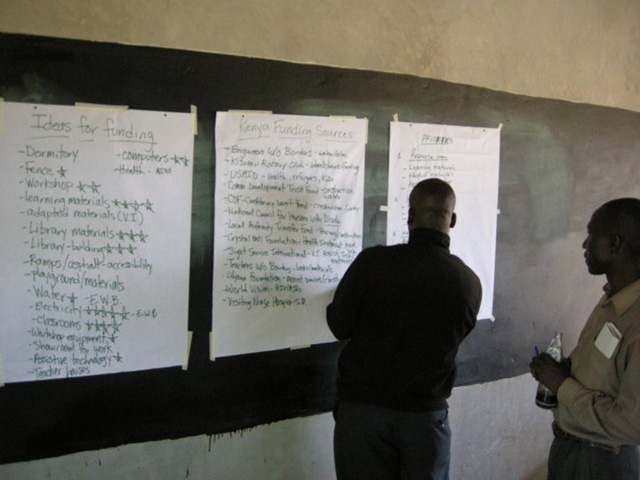
The subsequent week, I will be working in the same schools, but hope to refine the focus of our discussions in order to delve deeper into the topics covered in the previous week. The culture in this region of Kenya tends to perceive people with disabilities as “cursed.” This “curse” can have a negative impact not only on the individual, but also on their family and wider social network. Our strength-based awareness discussions will work to debunk this myth, and create positive, competence-based attitudes toward people with disabilities.
I closed the meeting with an emphasis on the importance of our team sustaining the practices we develop during our time together. The expectation at the end of the meeting was that everyone would feel a responsibility to follow through with their specific duties. Everyone had a job to do. My duties included exploring future U.S./Kenya partnerships, and continuing to write articles regarding our progress here. The teachers committed to writing at least one grant request to target a specific need in their school. We all agreed to maintain our inclusive foundation, and extend our network to other potential sources of support.

